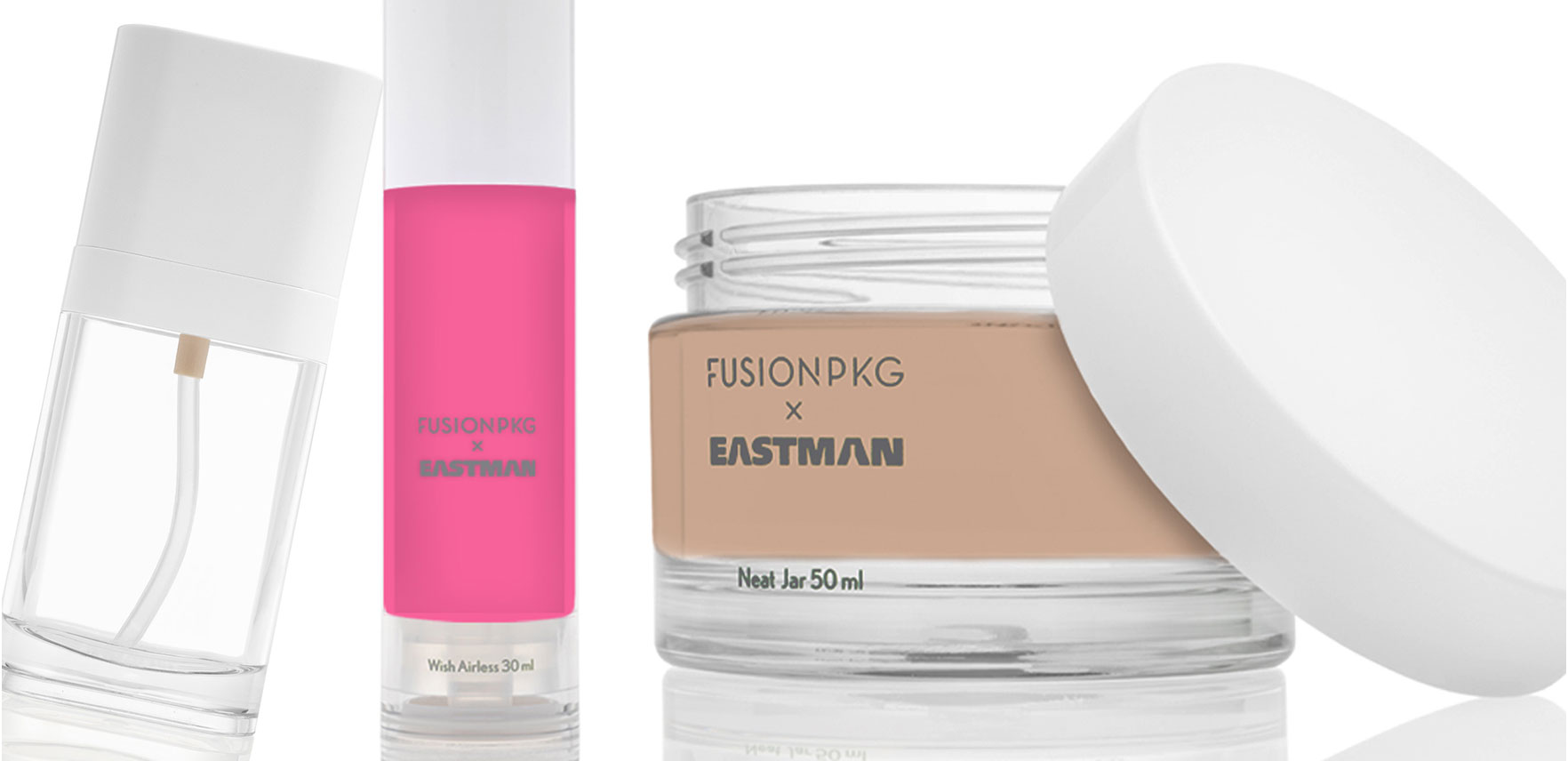
Press release
Eastman CFO Willie McLain to address J.P. Morgan Industrials Conference
March 04, 2025

Press release
Eastman announces fourth-quarter and full-year 2024 financial results
January 30, 2025

Stories
Eastman Naia™ team empowers next generation of sustainable fashion designers
August 06, 2024

In the news
Forbes story features IT director on Eastman’s tech-driven innovation
September 21, 2023

Press release
Dopper announces first Cradle to Cradle Gold Certified® reusable bottle
March 23, 2023

Press release
Eastman announces closing of inaugural $500 million green bond issuance
March 07, 2023

Press release
Eastman announces fourth-quarter and full-year 2022 financial results
January 26, 2023

Press release
Eastman announces fourth-quarter and full-year 2021 financial results
January 26, 2022

Press release
Eastman announces fourth-quarter and full-year 2020 financial results
January 27, 2021

Press release
Tritan™ Renew featured in Lander protective case for Apple iPhone 12
November 09, 2020

Press release
Eastman and Qualy team up to create whimsical Lucky Mouse Storage Jars
August 16, 2020


















































































































































































































































































































